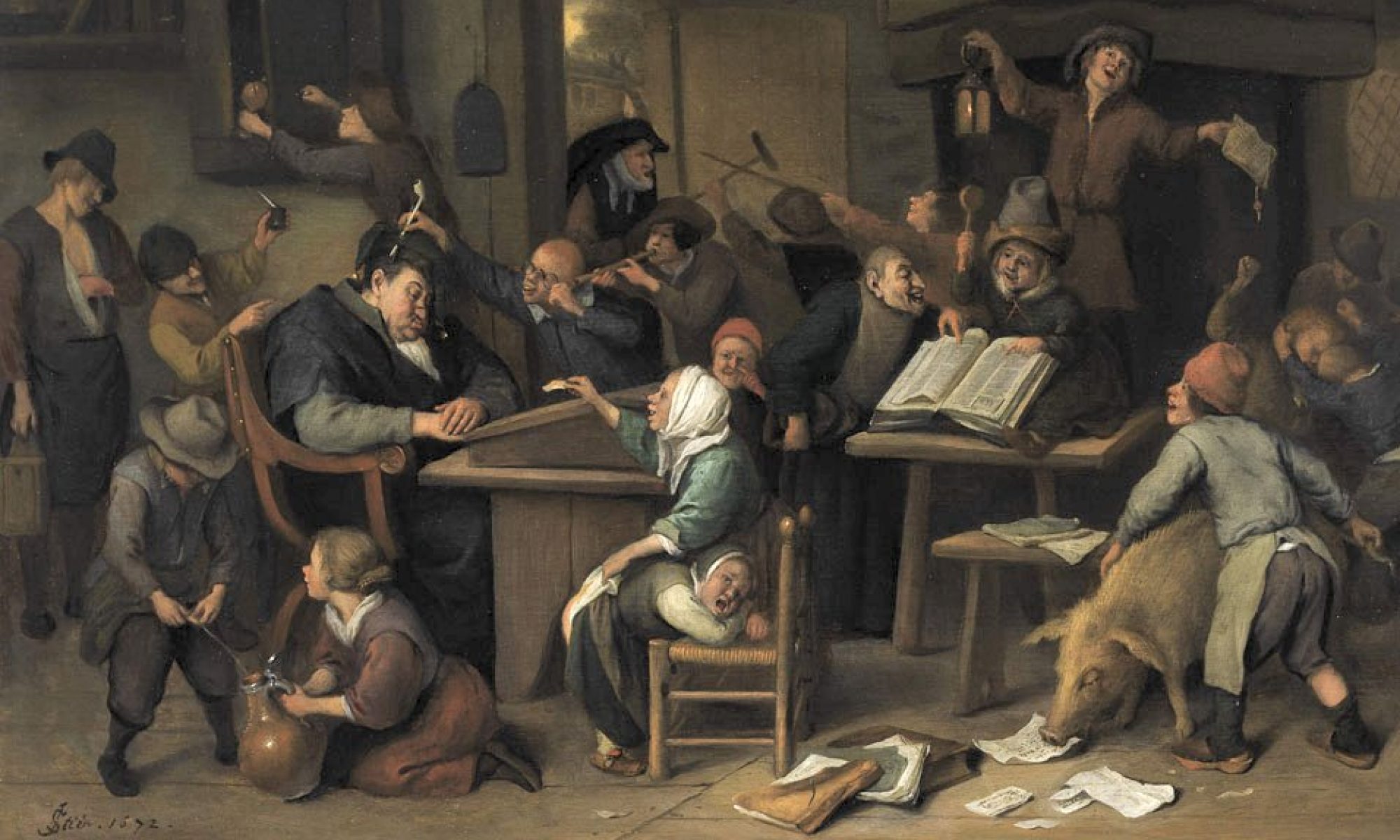Education and English-speaking Quebecers – A strong English-language education system, from kindergarten to university, is essential to the vitality of Quebec’s English-speaking community. It allows anglophones to be schooled in their mother tongue. It reinforces their ability not only to speak, but also write the language properly. And increases the chances of students’ success.

Not all students have the capacity to flourish academically in a second language. English educational institutions, many of which have deep roots in Quebec, also preserve a sense of community identity; serve as incubators for future community leaders (not only students, but also parents who participate in school governance); provide opportunities for anglophones to work in English. As well, schools serve as important community gathering places, especially outside of Montreal.
Each level in the education system has its own realities and challenges.
The biggest problem faced by English primary and secondary schools is declining enrolment. According to Canadian Heritage ministry figures, Kindergarten to Grade 11 enrolment in English in Quebec has plummeted from 248,855 students in 1970-72 (or 15.7 per cent of the Quebec total) to 83,649 in 2017-18 (or nine per cent). Those numbers translate into school closures and transfers of school buildings to an overcrowded French sector. Reasons for the decline are no mystery. The biggest is the Charter of the French Language (Bill 101), enacted in 1977, which, generally speaking, excludes francophones and the children of immigrants from English schools. The English-speaking community has been calling for years for immigrants from English-speaking countries like the United States and Britain to be allowed to attend, which would mitigate the decline at least somewhat, to no avail. We should keep asking.
To read more about visit Montreal Gazette.
After reading “Education and English-speaking Quebecers” you can check important issues for ESL teachers on the section PDFs.
